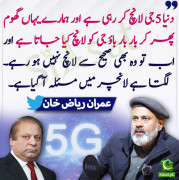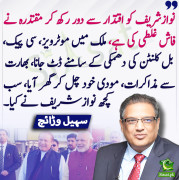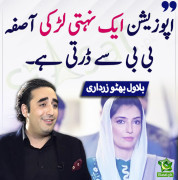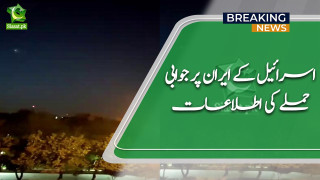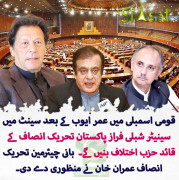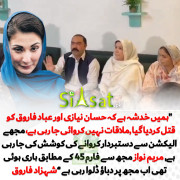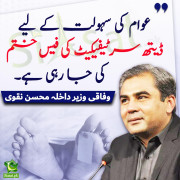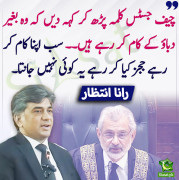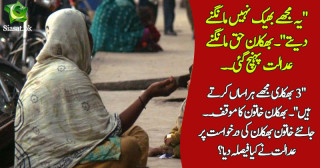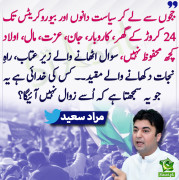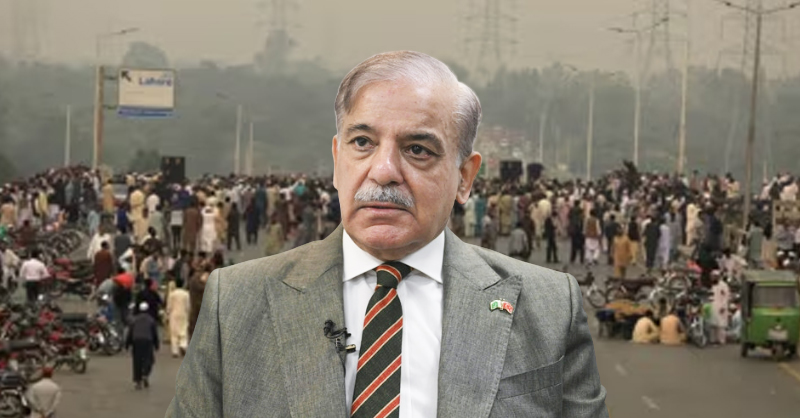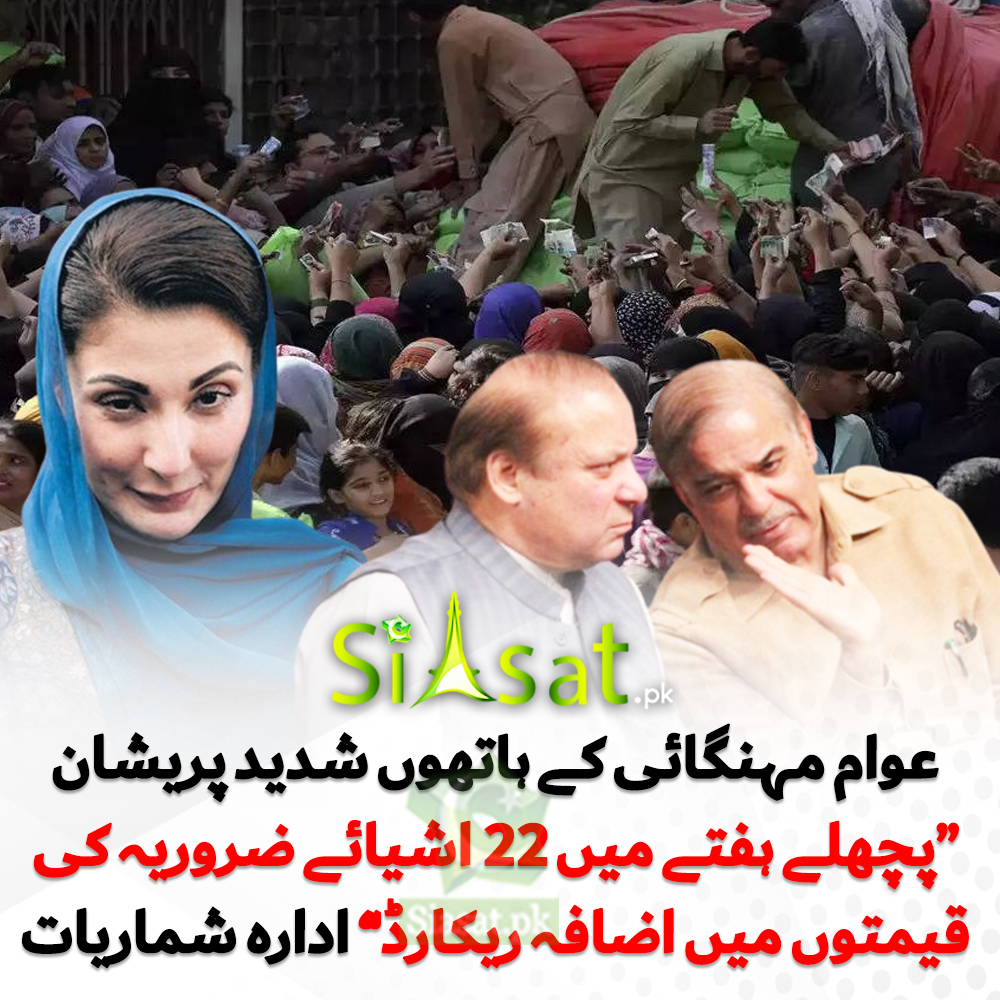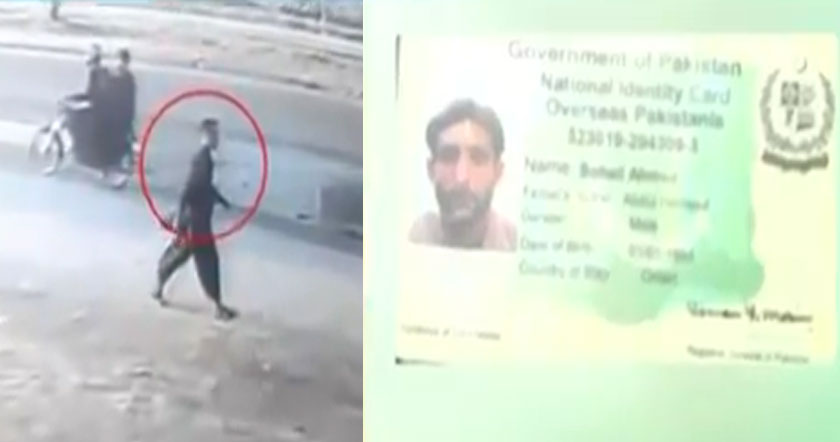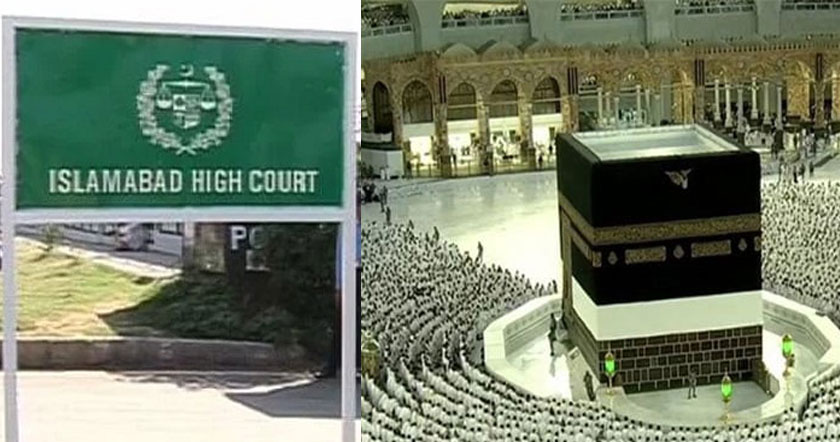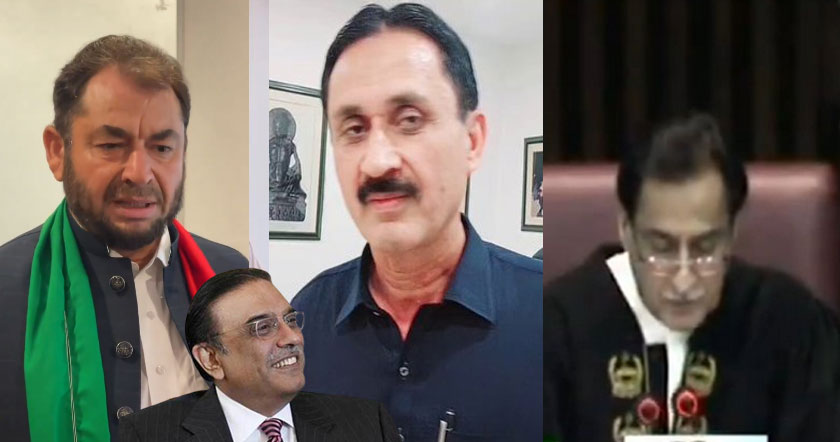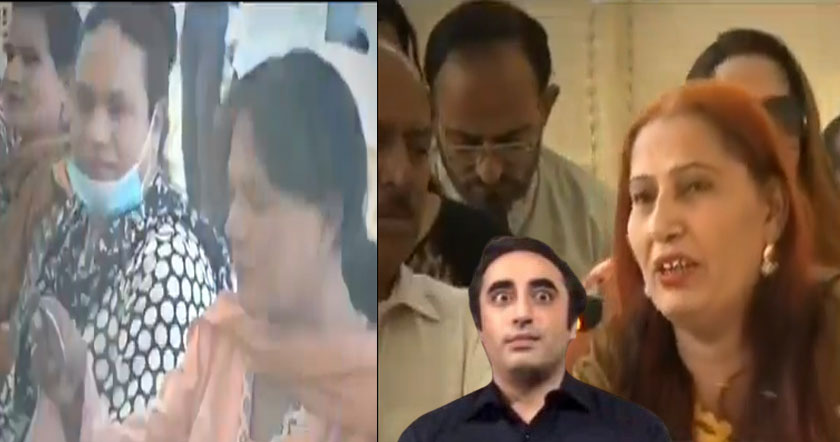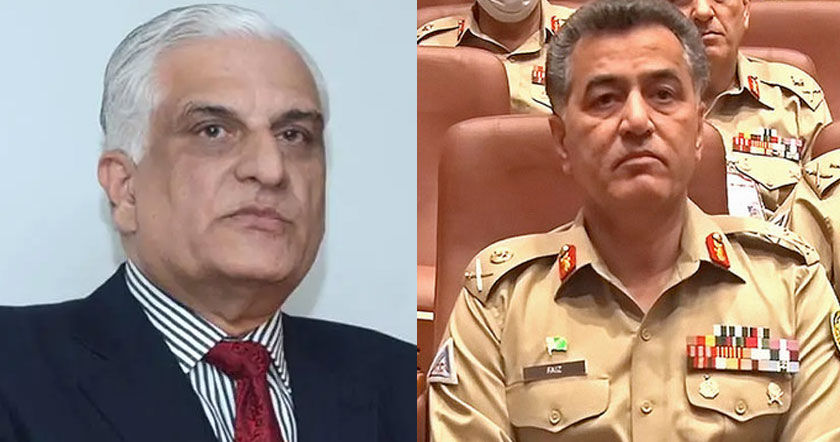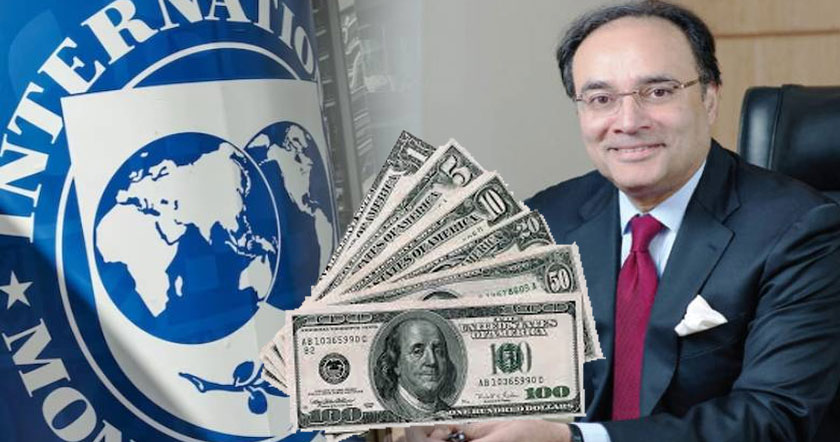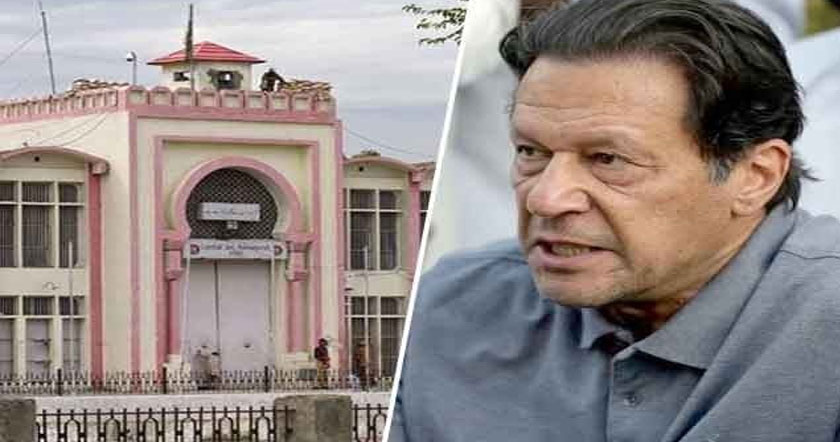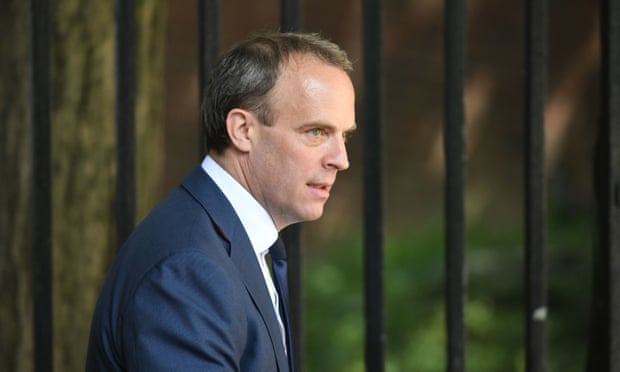
‘Magnitsky sanctions’ to target violators in Saudi Arabia, Russia, Myanmar and North Korea
Long-awaited UK government sanctions against human rights abusers in Saudi Arabia, Russia, Myanmar and North Korea have been unveiled by the foreign secretary, Dominic Raab.
The measures announced on Monday include asset freezes and travel bans and represent the first time the UK will alone name and penalise individuals and organisations accused of human rights abuse.
“This government is committed to the UK being an even stronger force for good in the world,” Raab told parliament. “We will hold to account the perpetrators of the worst human rights abuses.”
The sanctions will cover “an individual’s right to life”, freedom from torture or slavery and will be aimed at those not just those directly committing human rights abuses,
The move follows the passage of the 2018 Sanctions Act setting up an independent post-Brexit sanctions regime.
Previously the UK was obliged to follow the EU and UN sanctions regimes. A statutory instrument subject to debate by MPs is to set out how the new regime will work.
The so-called Magnitsky sanctions are named after Sergei Magnitsky a Russian lawyer who died from mistreatment in a Moscow jail in 2009 following his disclosure of a $230m tax fraud at Hermitage, a UK-based asset management company. Similar regimes exists in the US, Canada, and the Baltic states.
The proposals were welcomed by Hermitage’s chief executive, Bill Browder, who has campaigned internationally for Magnitsky-style regimes. He said the first group of people to be sanctioned by the UK would be “Magnitsky’s killers”.
Chris Bryant, a Labour MP on the foreign affairs select committee, also welcomed the move, but pointed to the delays in preparing the new laws by successive Conservative governments.
The new sanctions regime will exclude cases of corruption at this stage, a crime covered in parallel regimes in Canada and the US. Ministers were stressing the list is a first step, and will be developed over time.
Some campaigners had also been briefed that the regime will only cover those countries listed as “countries of concern” to the Foreign and Commonwealth Office (FCO) in its annual human rights report, but this was not confirmed.
Given the scale of human rights abuse in the world by various authoritarian regimes, the FCO will inevitably face a battle to convince campaigners that individuals or countries have not been excluded due to wider UK diplomatic or trade interests. Ministers will also face claims that they are willing to select lesser officials in a country for sanction, but not accept that in wholly authoritarian regimes the climate on gross human rights abuse is set by the leaders, and not just officials.
The potential for conflict with diplomatic allies such as Saudi Arabia, and the potential for retribution is self evident.
Ministers, aware that the regime will be subject to legal challenge, have been stressing that the sanctions must not be seen as punishment from which there is no hope of exit, but instead designed to encourage better behaviour and relief from sanctions. Other measures are available to punish wrong doing.
Raab in 2014, then a backbencher, took legal action against the Information Commissioner’s Office and the Home Office to force the disclosure of whether 60 Russian public officials allegedly involved in Magnitsky’s murder were allowed to enter the UK, but the first-tier tribunal (information chamber) dismissed the claims.
Browder has spent a decade campaigning for the officials behind Magnitsky’s death to be sanctioned. In 2012, the US Congress passed a landmark Magnitsky law. It blocked 18 Russian officials from entering the US and denied them access to US banking facilities. Vladimir Putin responded by prohibiting the adoption of Russian orphans by US couples.
Other countries have subsequently adopted similar legislation. They include the Baltic states of Latvia, Lithuania and Estonia – all EU members at the time – as well as Canada and Kosovo. Australia is considering legislation. In December, the EU agreed to adopt a Magnitsky law but has yet to follow through.
Browder described the UK government’s initiative on Monday as a “huge milestone in the Magnitsky campaign”. He said: “Most kleptocrats and human rights violators keep their money in the UK, have houses in London, and send their kids to British schools. This will have a stinging effect on bad guys around the world.”
He added: “It’s been a long and difficult journey to convince the British government to do this. It took eight years. The Magnitsky family is finally finding some justice. Sergei was working for a British firm when he was murdered.”
After making the statement to parliament, Raab will pose for a photograph outside the FCO with Magnistky’s widow, Natalia, and son Nikita.
A tax expert, Magnitsky was arrested by the same interior ministry officials he accused of fraud and locked up in Moscow’s Matrosskaya Tishina prison. He was refused medical treatment and died at the age of 37 in an isolation cell, after being beaten by guards.
but those that are benefitting and profiting from them.
Raab said the sanctions will cover those involved in the deaths of Russian lawyer Sergei Magnitsky, the Saudi journalist Jamal Khashoggi, the systemic killing of the Rohingyas in Myanmar and the use of forced labour in North Korea.
“Those with blood on their hands won’t be free …. to waltz into this country, to buy up property on the Kings Road, do their Christmas shopping in Knightsbridge, or siphon dirty money through British banks,” Raab said.
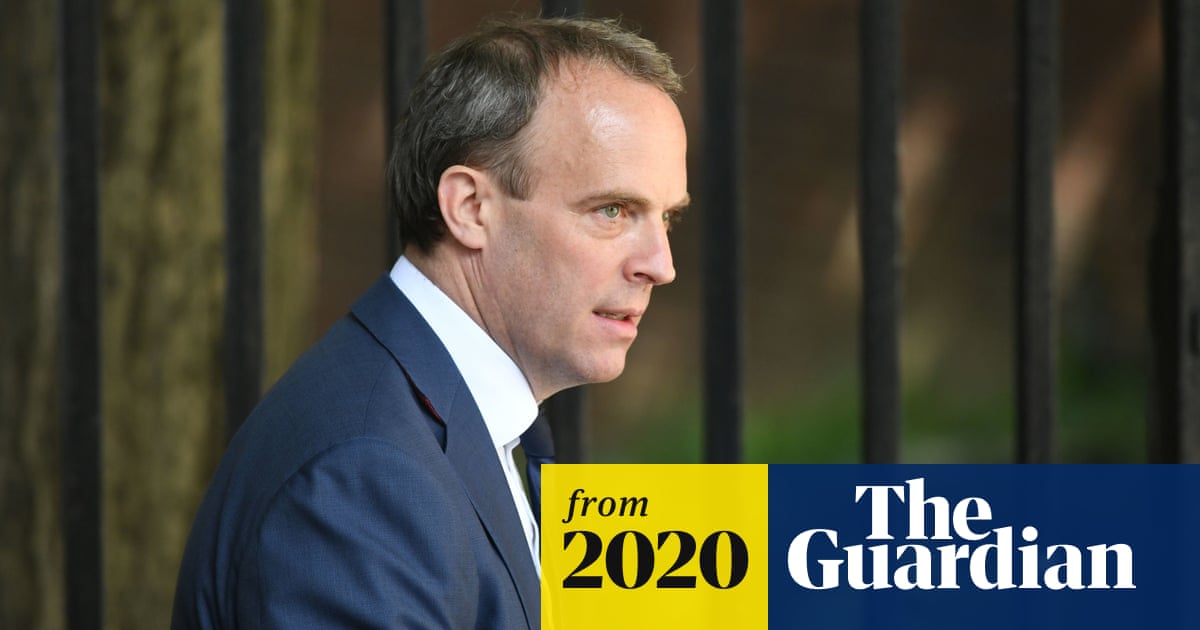
UK on collision course with Saudis over new human rights sanctions
Measures target individuals in Saudi Arabia, Russia, Myanmar and North Korea


